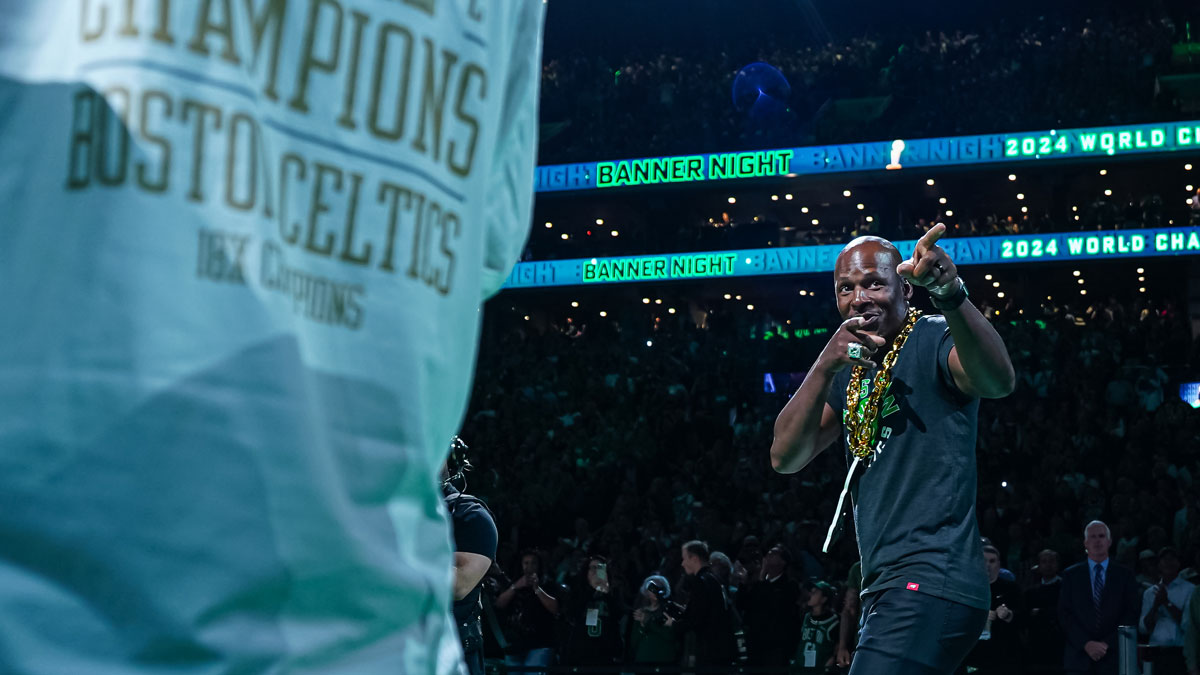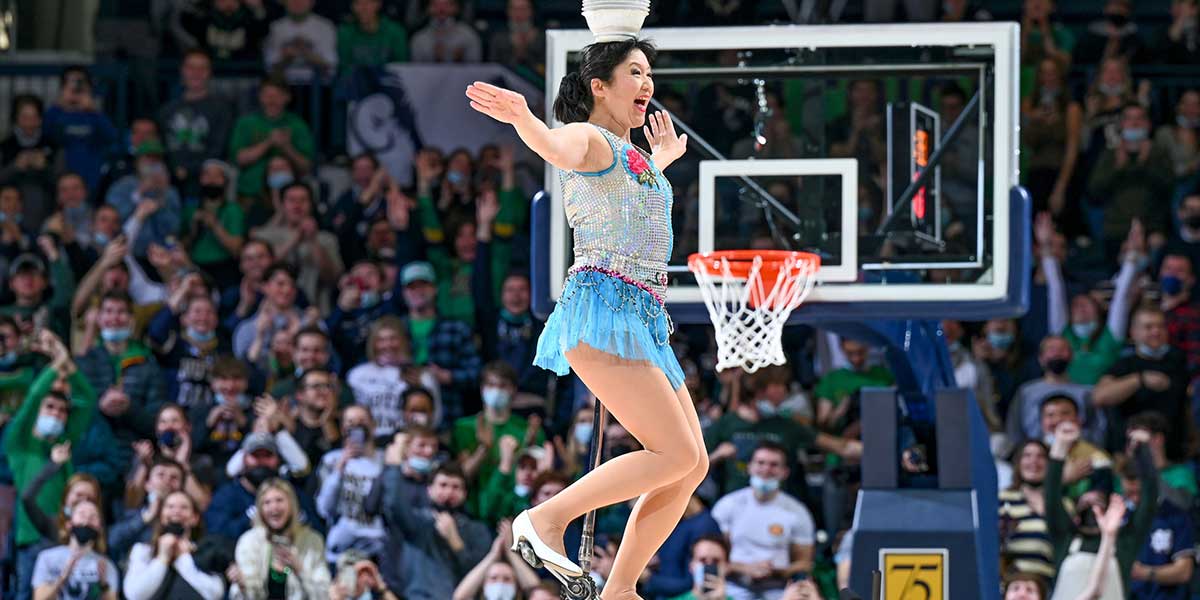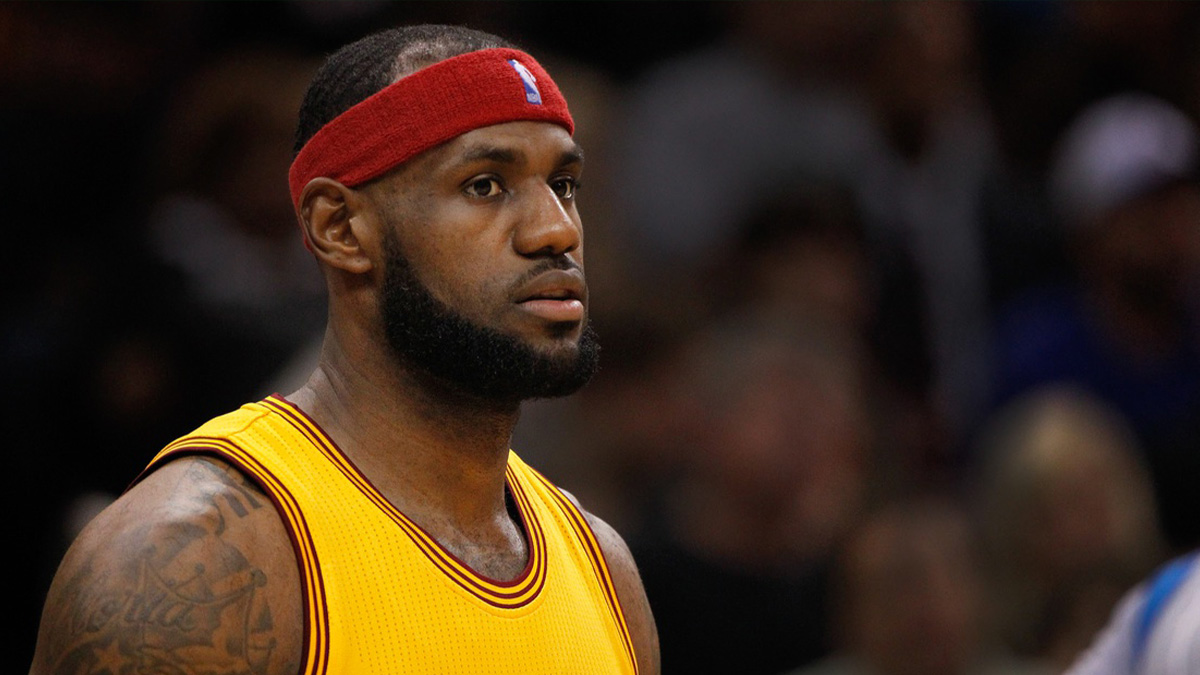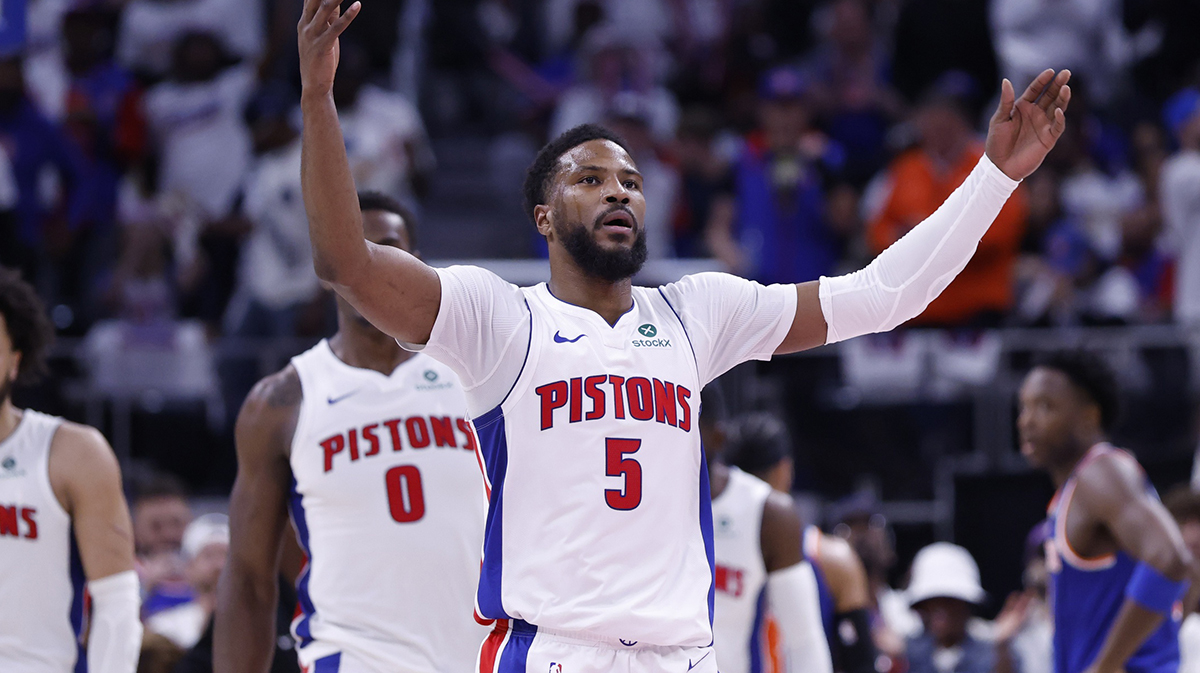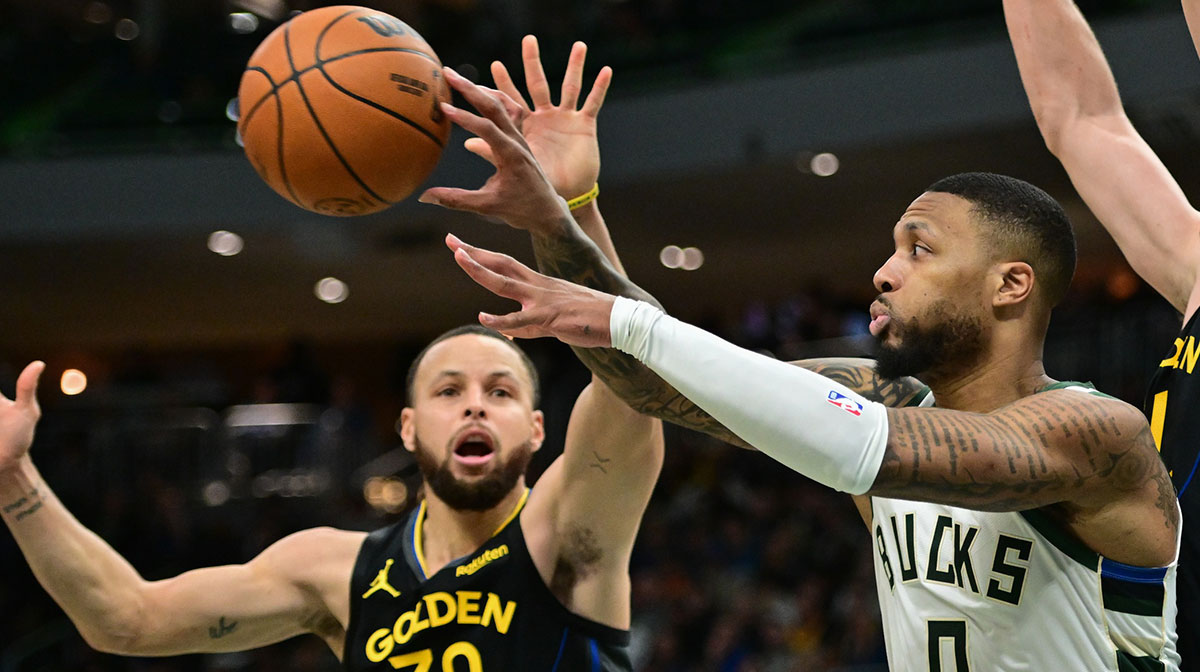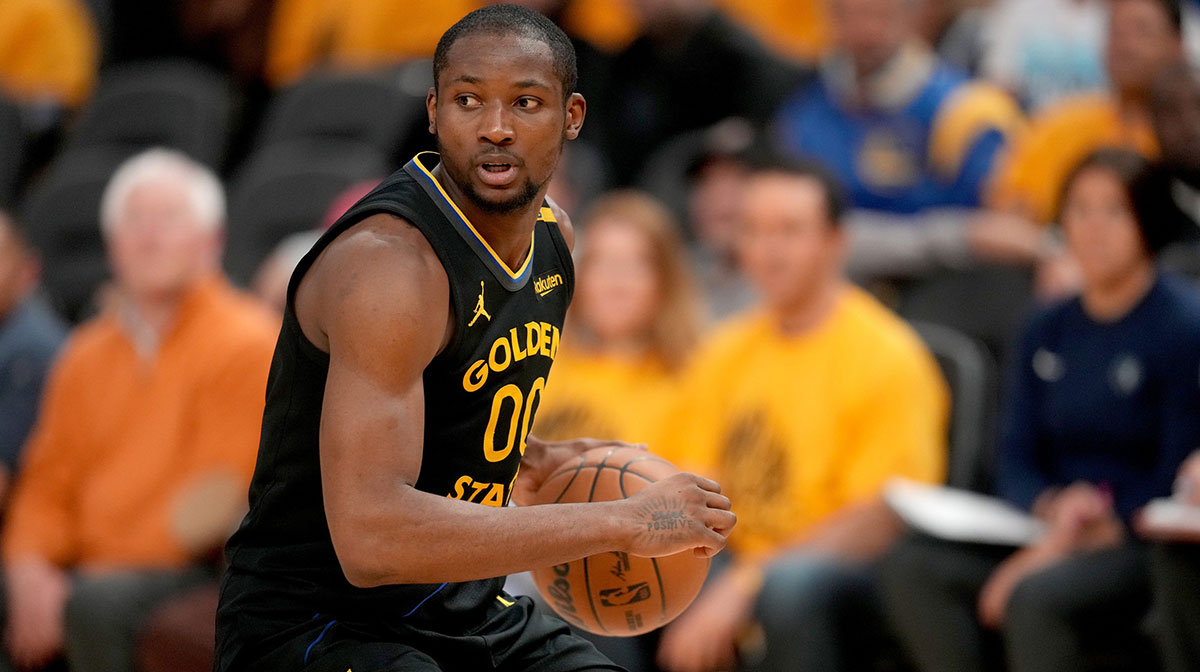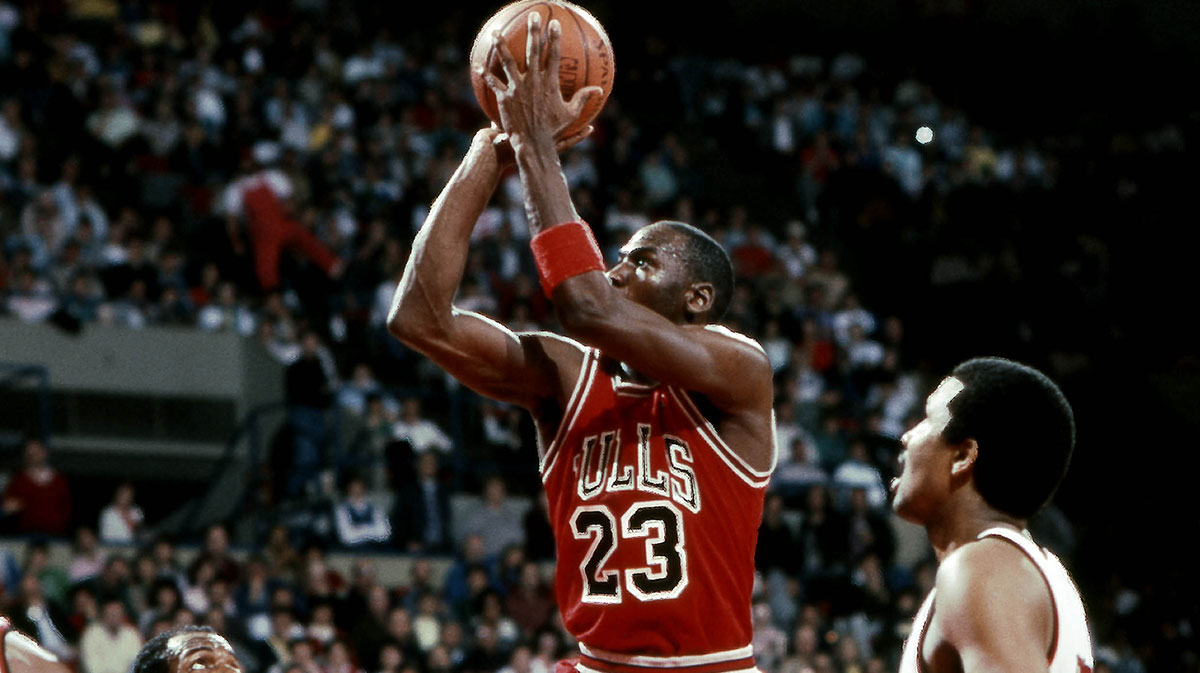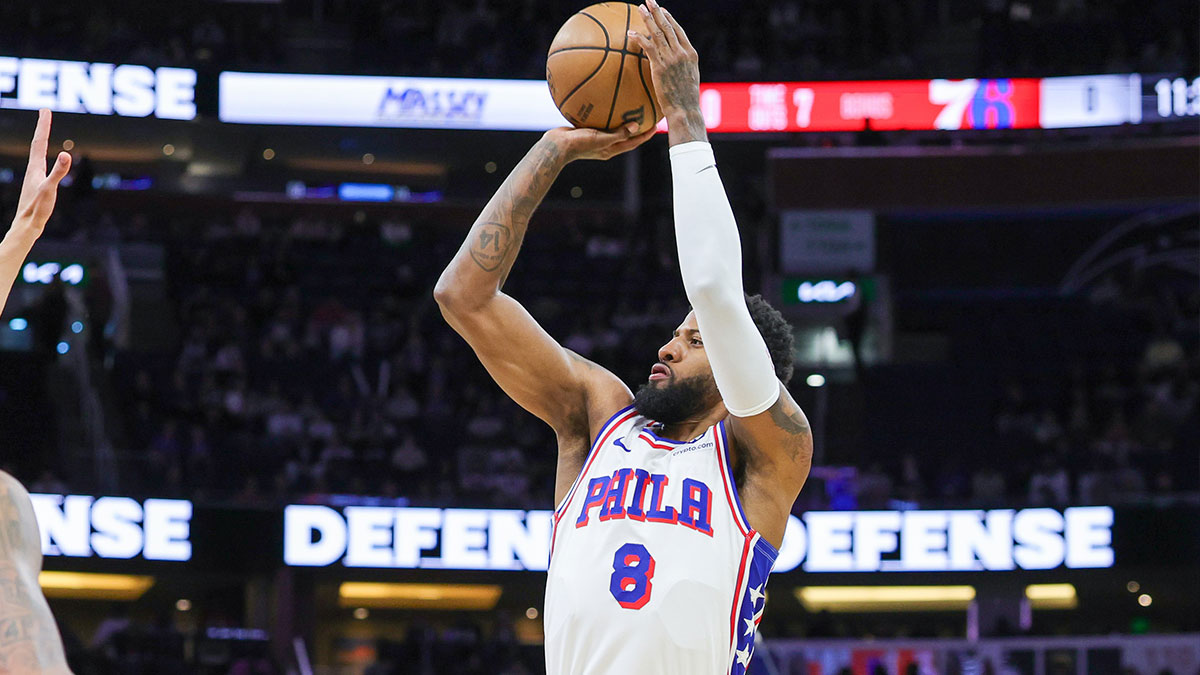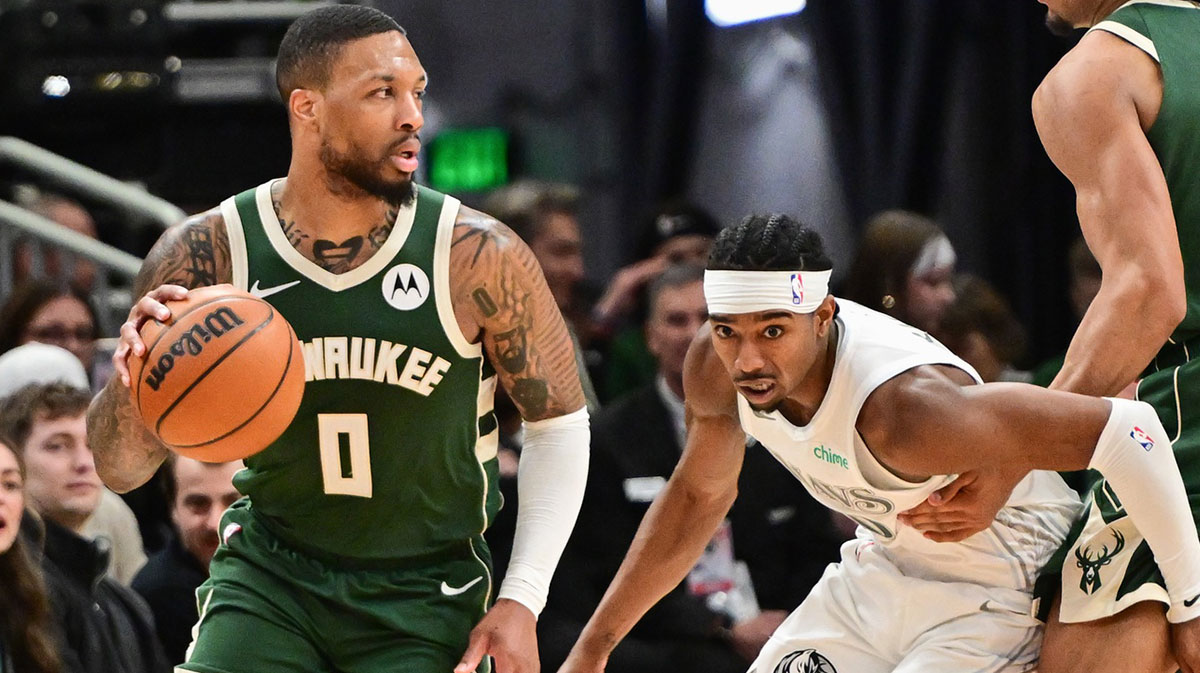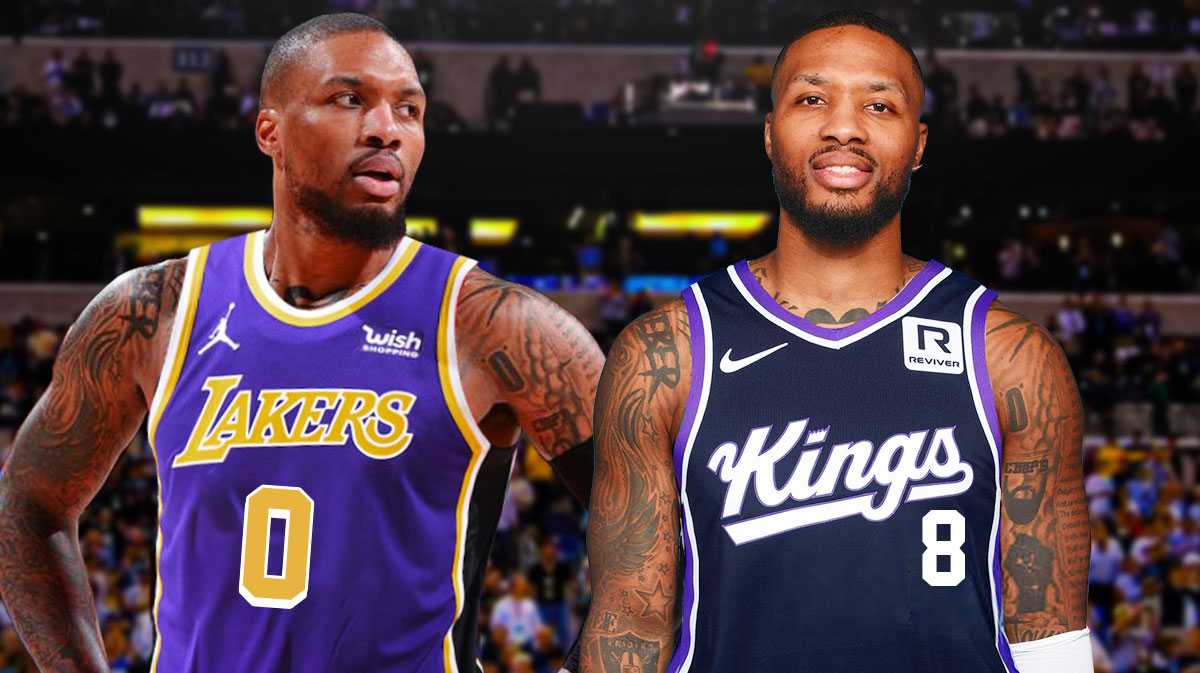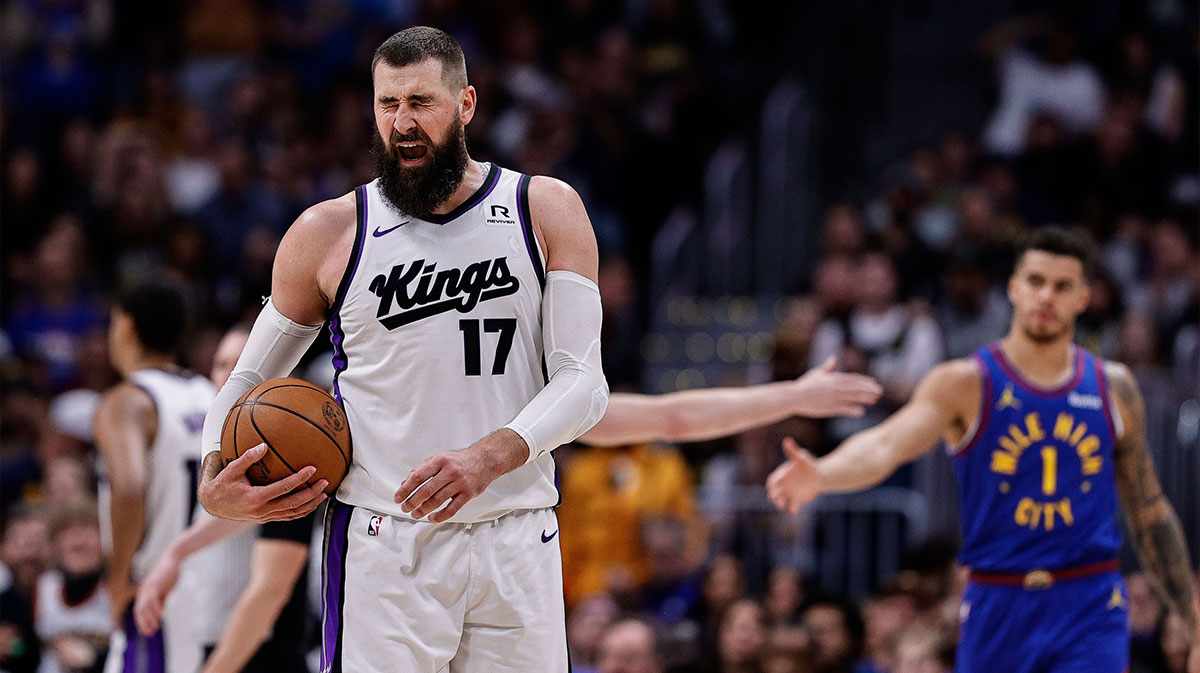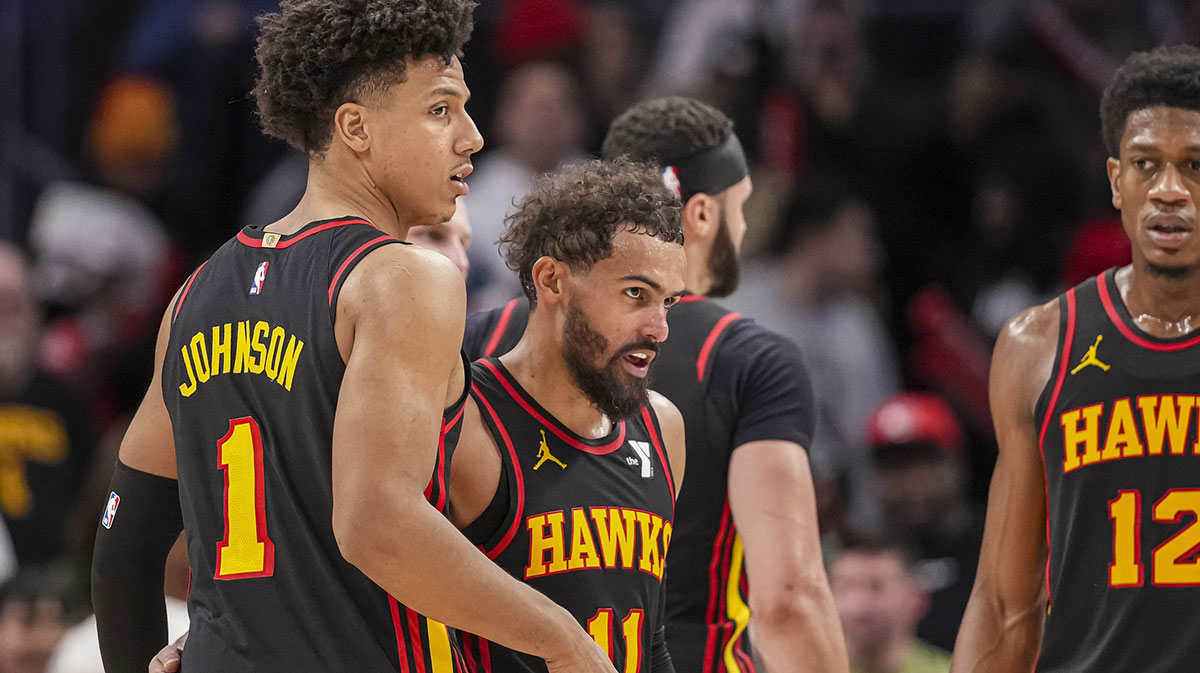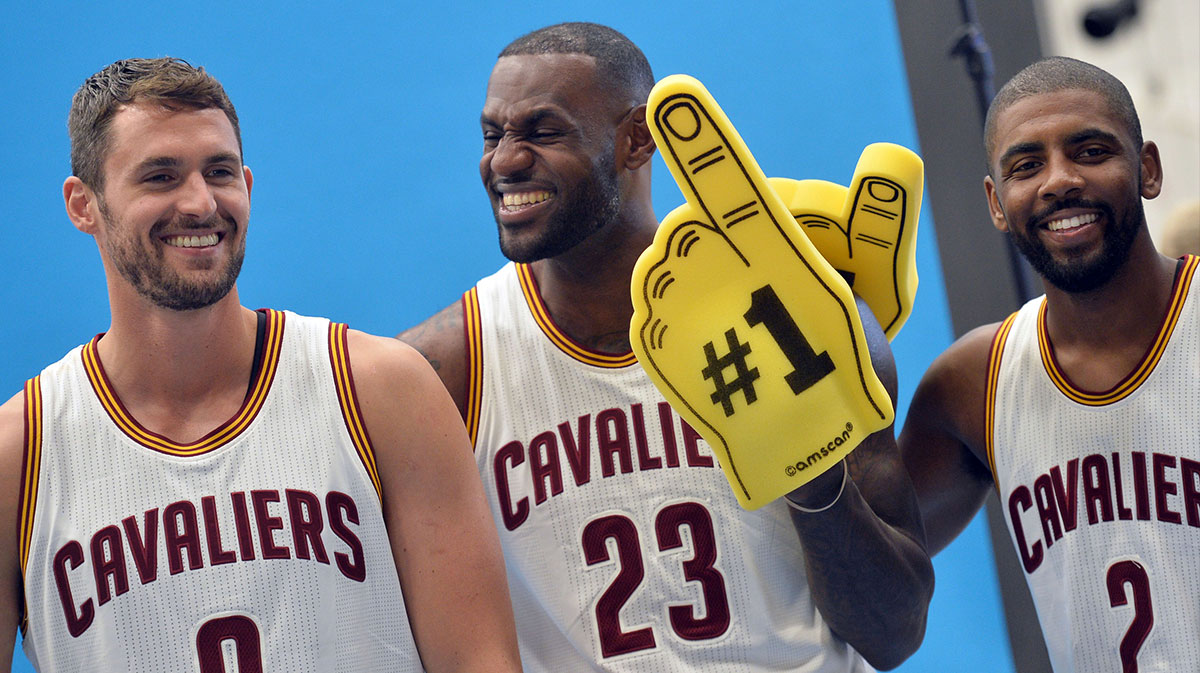The trickiest part about naming the All-NBA Teams is choosing just 15 players—with positions in mind—from dozens of deserving superstars. Leaving out someone is as inevitable as a sunset. That’s why every year, debating who got snubbed is as recurrent as celebrating those who made the cut.
The NBA originally only had two All-NBA Teams but decided to add a third one in the 1988-1989 season, perhaps because of the ever-growing surplus of talent. But even with three All-NBA Teams, they still don’t seem enough.
We listed down the five biggest All-NBA snubs since the 1988-1989 season. In full disclosure, the final cut was James Harden getting left out in 2016 despite averaging career-highs of 29.0 points, 6.1 rebounds, and 7.5 assists. But it’s hard to dislodge Klay Thompson, who was the Golden State Warriors’ second-best player in their historic 73-9 season, and Kyle Lowry, who helped lead the Toronto Raptors to the second seed in the East. The Houston Rockets, meanwhile, barely made it to the NBA Playoffs as the eighth seed in the West with a 41-41 record.
5. Bradley Beal in 2019-2020
All-NBA Team selections typically reward players on winning teams. But Beal’s case this season should’ve been one of those exceptions. The Washington Wizards only won 25 games, but the sweet-shooting guard had one heck of a campaign with career-highs of 30.5 points and 6.1 assists. If not for Beal, the team surely would have sunk straight to the bottom of the Marianas Trench. He still made NBA history though—except it’s the bad kind. He became the first player ever to average more than 30 points and not make an All-NBA Team.
Yikes 😂🤯 https://t.co/aWtKUSiKxZ
— Bradley Beal (@RealDealBeal23) September 17, 2020
It was the second snub for Beal this season after he was also not selected to the All-Star Game. But as for making an All-NBA Team, he could’ve taken the place of Ben Simmons. Even though Simmons submitted impressive all-around numbers, his scoring and rebounding dipped a bit as the Philadelphia 76ers only managed to get the sixth seed in the East despite a stacked lineup. What was supposed to be a year of redemption for them turned out to be a dud.
4. Kevin Garnett in 1997-1998
Only in his third year, The Big Ticket was already one of the NBA’s elite. Prior to that season, he led the Minnesota Timberwolves to their first ever postseason appearance. The following year, Garnett upped his numbers to career-highs of 18.5 points, 9.6 rebounds, 4.2 assists, and 1.7 steals, while adding 1.8 blocks. KG played all 82 games and led the Timberwolves to the NBA Playoffs for the second straight year.
But his milestones still weren’t enough to earn a spot even in the All-NBA Third Team with Scottie Pippen and Glen Rice getting the forward spots. The main argument against Pippen is that he only played 44 games because of a toe surgery in the offseason and his infamous holdout against Chicago Bulls general manager Jerry Krause. The Bulls struggled at the onset without Pippen, but it’s safe to assume they would’ve still found a way to win without him because of some guy named Michael Jordan on their roster. But can you imagine the Timberwolves without KG that year? They’d be lucky to get 15 wins.
3. Shawn Marion in 2005-2006

The Phoenix Suns notched the second seed in the West that season despite Amar’e Stoudemire only playing three games due to a left knee injury. A big part of the Suns’ impressive run was Marion, who ably stepped up as Steve Nash’s primary sidekick. The Matrix averaged career-bests of 21.8 points and 11.8 rebounds, plus 2.0 steals—all team-highs. He was also the top defender on a roster filled with offensive-minded guys and specialty shooters.
But despite being the second-best player of the second seed in the West, Marion didn’t get an All-NBA Team nod. He could’ve gotten the spot of Carmelo Anthony, who wasn’t even named to the All-Star Game that year. The former Syracuse star, then in his third year, also averaged a career-high 26.5 points. But the Denver Nuggets almost missed the postseason with a 44-38 record, tied only for seventh-best in the West. Still, quite unfairly, they got the third seed because they topped a weak Northwest Division. Plus, let’s just say Melo wasn’t exactly getting compliments for his defense at that time.
2. Ray Allen in 1999-2000
The Milwaukee Bucks sneakily became one of the top teams in the East in the early 2000s led by the trio of Glenn Robinson, Ray Allen, and Sam Cassell. In his fourth season, Allen had his breakout year as he put up career-highs of 22.1 points and 42.3% 3FG shooting. He also added 4.4 rebounds, 3.8 assists, and 1.3 steals. He was named to the All-Star Game for the first time as he developed into one of the NBA’s top-tier shooting guards.
Apparently, the voters didn’t see it that way as he wasn’t named to any of the All-NBA Teams. This despite also leading the Bucks into the postseason with a 42-40 record. Quite surprisingly, Stephon Marbury was named to the All-NBA Third Team despite the New Jersey Nets’ lowly 31-51 card. Except for the assists, Starbury’s numbers weren’t too far from Allen’s: 22.2 points, 2.9 rebounds, and 1.5 steals. He was a classic example of good player on a bad team that’s why his averages looked gaudy. His second-best teammate: Keith Van Horn (remember him?).
1. John Wall in 2013-2014

File this under This Really Happened? Wall led the Washington Wizards to the NBA Playoffs that season as the fifth seed in the East, ending a five-year drought. He averaged 19.3 points, 4.1 rebounds, 8.8 assists (tied for second-best in the NBA), and 1.8 steals—all career-highs at that time. After being hampered by injuries in his first three seasons, he played all 82 games and was named as an All-Star for the first time. He also had a favorable narrative as it was his comeback campaign. Solid numbers + winning record + compelling story. The perfect equation for making an All-NBA Team, right?
Apparently, no. One could argue that Wall’s accomplishments were good enough to make the All-NBA Second Team. But he wasn’t even chosen for the Third Team! He could’ve easily gotten the nod instead of Goran Dragic, who didn’t even make the All-Star squad that year. Perhaps more glaringly, the Phoenix Suns didn’t qualify for the postseason. Dragic did play admirably, leading that unheralded but competitive Suns roster. Still, his campaign wasn’t better than Wall’s.

